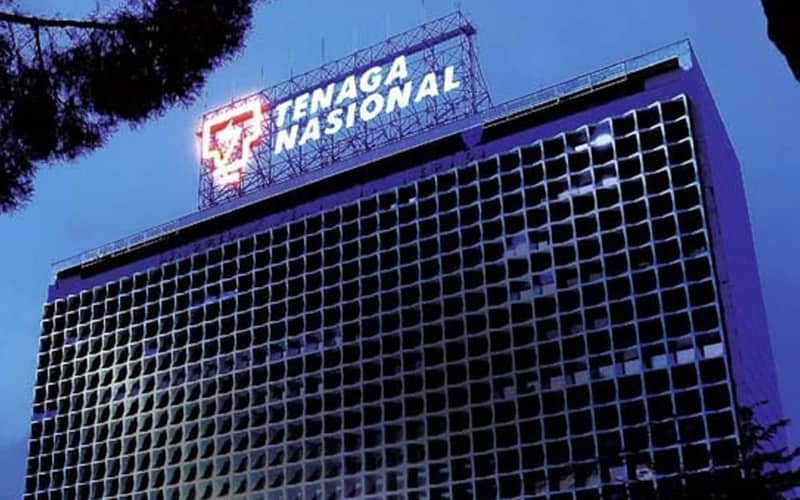Tenaga targets to complete 50MW solar farm project in Bukit Selambau by end-2023

SUNGAI PETANI (Feb 15): Tenaga Nasional Bhd (TNB) is aiming to start commercial operation of its 50MW solar farm project under the large scale solar 4 (LSS4) programme by the end of this year.
TNB Renewables Sdn Bhd (TRe) managing director Mohd Yusrizal Mohd Yusof said the group aims to kick-start the construction of the project as early as next month. The project is located at Bukit Selambau, adjacent to its current 30 MW solar farm that was built under the LSS 2 programme.
“A 50MW solar farm would power the equivalent of approximately 28,700 homes annually,” he told reporters after a briefing in conjunction with a media visit at the solar farm in Bukit Selambau on Tuesday.
At the moment, the Bukit Selambau project houses a 30MW solar farm that TNB built under the LSS 2 programme spanning over 123.4 acres of land, which has the capability to power about 17,000 homes annually. The solar farm started commercial operation on Sept 8, 2020.
In total, TNB is currently operating two solar farms with 80MW power under the government-led LSS programme. Its maiden LSS project is located in Sepang with 50MW power which has been in operation since 2018.
It did not secure any project under the LSS 3 programme.
Yusrizal pointed out that TRe is eyeing another 30MW solar project for this year to meet TNB’s target of 8,300 MW renewable energy (RE) production capacity by 2025, including its existing hydro power generation assets.
“In Peninsular Malaysia, the next RE projects are likely to be focusing on solar as the main source. This is partly due to the fact that hydro has already reached its peak in the peninsula, and RE from wind is not suitable in Malaysia because the closer we are to the equator the less wind you will get,” he said.
It is worth noting that the LSS4 project had earlier faced hiccups in deployment as players who bid for the project said they face negative returns amid rising solar panel prices because of overly competitive bids.
The government then later agreed to extend the power purchase agreement for LSS4 to 25 years from 21 years to help the viability of the project last August.
Yusrizal said the extension has given a much needed room for TNB to kick-start its LSS4 project especially at the time of rising interest rates and higher currency exchange rate.
“Solar panels and other raw materials take up almost 40% of the total cost and our vendors give up to 30 years' warranty. The PPA extension has helped to reduce our cost,” he told The Edge.
He added that TNB is also looking at potentially floating solar systems and is currently running a pilot project.
“We understand that there are some concerns over the use of land as a solar farm. Our solar farm in Bukit Selambau was previously an oil palm plantation and the previous owner had no intention of continuing the business further.
“We are not using forest reserve land and that area is very strategic to get the optimum sunlight in comparison to the southhern part of Peninsular Malaysia.
“Floating solar could increase the optimum level of the panels as it also provides a natural cooling system. But, it is more costly to build floating solar than on land,” Yusrizal added.
He added that TNB is also looking at the potential of other RE projects in Southeast Asia including solar farms.
Last week, TNB and its subsidiaries signed three Memoranda of Understanding (MoU) with major energy players in Thailand namely Electricity Generating Authority of Thailand, Planet Utility Co Ltd and B Grimm Power Public Co Ltd.
The agreements were to explore potential RE and power generation opportunities in Thailand.
Source: The Edge Markets
